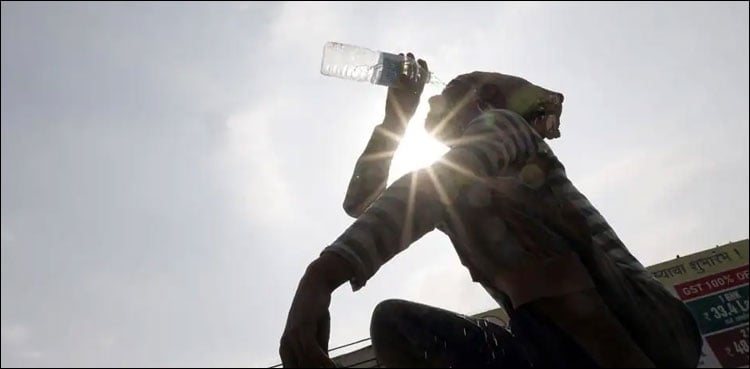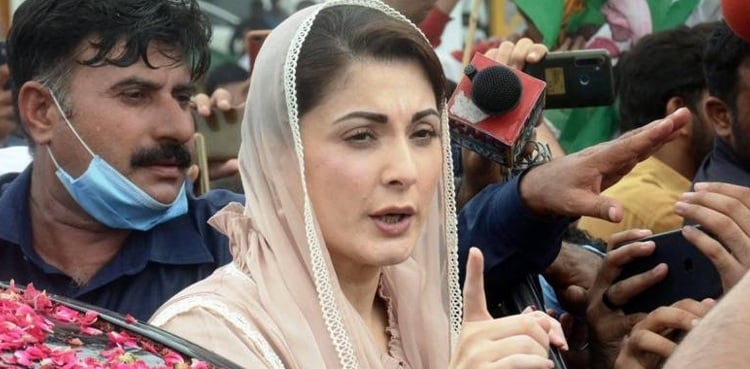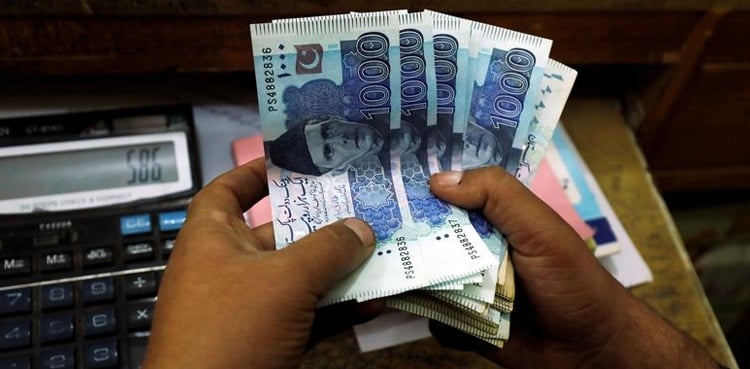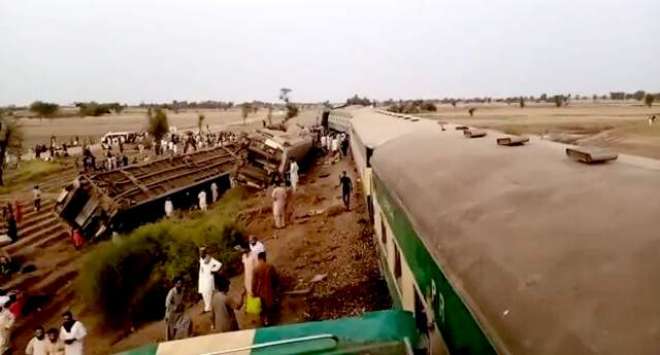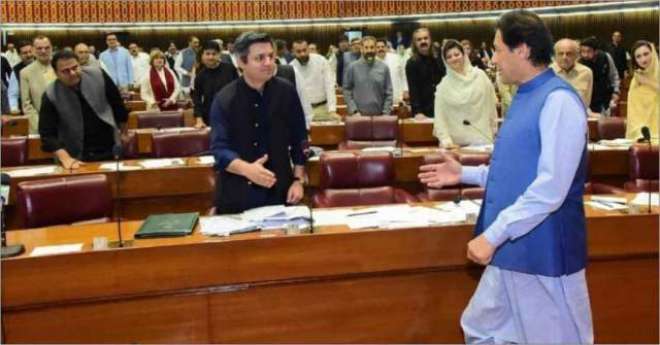Job Creation the Most Important Challenge for the New Generation
- July 31, 2016, 3:38 pm
- Political News
- 379 Views
QUETTA July 28 (PPI): Pakistan ranks at 98 among 140 countries in the world on academia-industry collaboration measured by the Global Competitiveness Report 2015-2016 of the World Economic Forum. Strong academia and media industry collaboration is the only way to improve the ethical standards; this was the consensus of the fourth interactive session held at the National University of Modern Languages (NUML), Peshawar Thursday.
Industry experts, senior journalists, media professionals and academicians attended the seminar along with a large number of students, scholars and faculty from the journalism and media sciences departments attended the session.
The seminar aimed at highlighting and identifying the need to develop strong linkages between the academia and media industry. The meeting brought industry representatives and academia sector on one platform to formally share ideas to improve job security for fresh graduates and be part of the knowledge based media industry, while ensuring media ethics in principle and practice both.
Moderating the session, Amna Sabahat, Program Manager for Promoting Ethical Journalism for Mishal Pakistan said that securing a good job depends on high skill set, innovative thinking and hard work. She further added, "at the same time the students need to explore job market even before completing their education. She also said, "Pakistan needs to create an average of 170,000 jobs every month. Pakistan's demographics do not allow everyone to get a job. The youth needs to explore entrepreneurial experiences to create a secure and prosperous future.
Speaking on the occasion, Amir Jahangir, Chief Executive Officer of Mishal Pakistan said, “In the times of the Fourth Industrial Revolution, the demand for professionalism and ethical business practicing are key to ensure job security. Embracing new and emerging technologies improve not only the quality of content but also the timely delivery of information as well. He further said, “More organizations are now taking interest in engaging with their communities to build the capacities of the communities they work.
This Mishal activity was part of the DANIDA-supported ‘Strengthening Media in Pakistan’ project being implemented by International Media Support (IMS), which seeks to promote greater media professionalism in the country and an enabling environment in which to foster it through partnerships with key media stakeholders including media organizations, regulators, coalitions, parliament, policymakers and the government.
In addition to conducting academia - media industry interface in Punjab, Balochistan, Sindh, and Khyber Pakhtoonkhaw, Mishal will be conducting another interactive session with youth and multiple stakeholders in Islamabad.
Established in 2003, Mishal has been engaged with some of the most dynamic organizations, including media enterprises and global development agencies helping them develop their communication strategies and solutions for better understanding and creating synergies with their concerned stakeholders. Mishal is the country partner institute of the Center for Global Competitiveness and Benchmarking Network of the World Economic Forum. Mishal’s research and capacity building initiatives have assisted and helped successive governments to improve Pakistan’s global ranking on competitiveness, gender gap, trade and information technology indices.
The mission of the National University of Modern Languages is to establish, sustain and enhance itself as a quality-centric higher education institution that provides excellent academic environment and opportunities for creating educated, productive, and responsible citizens of Pakistan and the global citizenry through intellectual, personal and professional growth.
The National University of Modern Languages was established as an institute in 1970 to help people communicate and understand each other in different oriental and occidental languages, to assimilate different cultures and to act as springboard for emerging disciplines.



